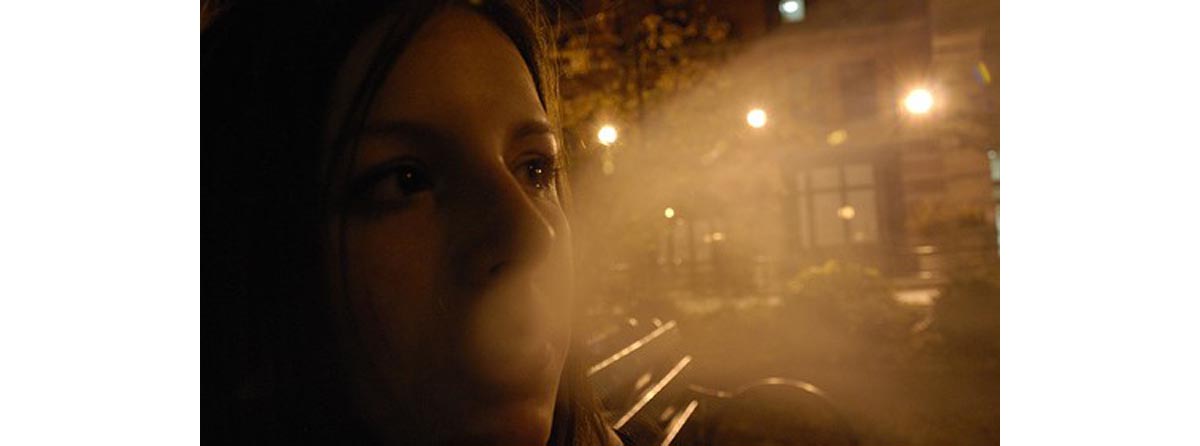Table of Contents
We actually know a lot about what Protocel doesn't do. Proponents of the "cancer is a fungus" theory have developed an idea that holds a bacterium called Progenitor cryptocides transforms normal cells into cancer cells when they are deprived of oxygen. There just isn't any evidence from actual cancerous tumors that this happens. And there are advocates of Protocel who have created elaborate theories that the product "revs up" the metabolism of cancer cells so that they "explode."

The problem with both of these ideas is that they just aren't backed up with any experimental evidence. When pathologists look at cancerous tumors under the microscope, they don't find Progenitor cryptocides bacteria. When people go into remission from cancer, they don't find exploding cells. However, the fact that the explanations of how Protocel works are, for the most part, fanciful, doesn't mean that there is no value at all in the formula.
What's In Cancell/Protocel?
Different manufacturers make different formulations of Protocel, but most of the time the product contains a mixture of catechol (a crystalline form of the catechins found in herbs such as green tea), inositol (a carbohydrate that the body can use to make the signalling hormones that "turn off" cancer cells), and small amounts of nitric acid, sulfuric acid, potassium hydroxide, and/or sodium sulfite to bring the mixture to the right pH.
Sheridan's formula included a substance he called "crocinic acid," but this is not a term that is used in standard science; no one knows what it is, so it isn't included in the formula any more.
Catechols in tobacco smoke are actually known to increase the formation of lung tumors, although a proven cancer-fighting compound, curcumin, is also in the catechol class. It would seem questionable that a product containing catechols could treat lung cancer, but that is exactly what several advocates of Protocel treatment tell us. A number of people have gone into remission from lung cancer after taking Protocel, according to nutritionist Tanya Pierce, who recounts the stories of seven lung cancer survivors in the book called You Can Beat Lung Cancer by Dr. Carl O. Helvie.
Not a Placebo, But Not a Drug Either
The instructions for Protocel advise avoiding sugar and salty foods when taking the supplement. If you don't consume large amounts of sugar and salt, perhaps cancer cells don't accumulate sodium as quickly, and they have a chance to repair themselves as they "recharge." A physician I knew named Demetrio Sodi-Pallares cured about 20 patients who had pancreatic cancer using this approach.
Advocates of Protocel don't discourage radiation or surgery as treatments for cancer. It could be that a combination of radiation or surgery, sensible diet, and whatever is in the product are exactly what some lung cancer patients need. At least it was what Dr. Helvie's associate and eight people she knew needed. But here's my advice:
Never rely on just one approach to treating cancer. Hit it with everything you've got. Get the best medical treatment you can, and use safe alternatives along with it. Let your doctor know exactly what you are doing. You might be the person who convinces your doctor of the value of an alternative. Just know that there is no "sure thing" for treating lung cancer. Don't give up radiation or surgery to take a supplement.
You may never know whether it was the medical therapy, the diet, the alternative product, or some higher power that makes you well--but expanding the frontiers of medical knowledge isn't the goal. Getting well is the goal. I would pursue medical options first, but diet and low-cost complementary medicine also make sense.
- Helvie, Carl O. You Can Beat Lung Cancer Using Alternative/integrative Interventions (Washington, D.C.: AYNI Books, 2011).
- No authors listed, Unproven methods of cancer management. Livingston-Wheeler therapy. CA Cancer J Clin. 1991 May-Jun.41(3):A7-12. Review.
- Photo courtesy of Mathias by Flickr : www.flickr.com/photos/afroboof/3951143454/
- Photo courtesy of Sam Galison by Flickr : www.flickr.com/photos/samgalison/2064361316/

